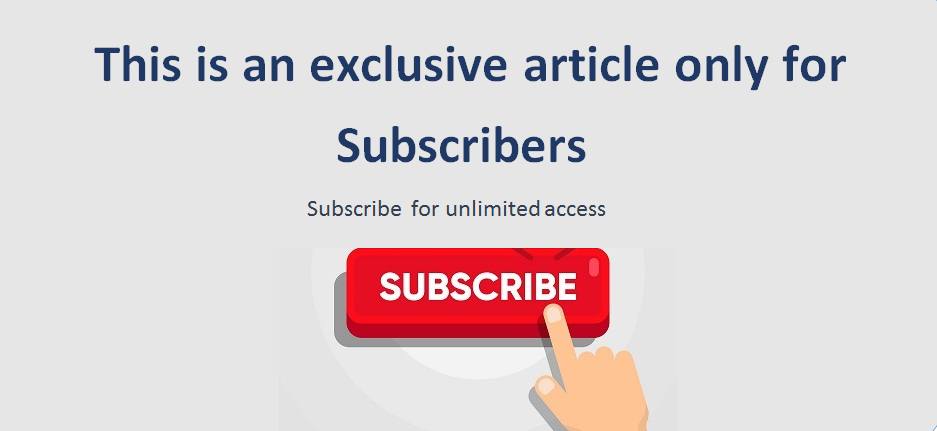Scientific misconduct is not a new term among Global Scientific community, people like to do anything to prove their research correct. But Since we are living in digital world today, when scientific literature too can be verified by peers, the cross verification is just a click away. In this article we are using Retraction watch and Pubpeer as reference medium to understand scientific misconducts and their possible consequences on research and career. Although we are citing Retraction watch regularly but recently, a post of the ‘the Hindu’ newspaper which refers Pubpeer, attracted huge attention, including leaders of Biotechnology and Life Sciences field. Some well known research misconducts which resulted in either acceptance of misconduct, retractions, or resignation are listed toward the end of this article.
To understand Scientific misconduct, first we need to understand what is research. Research is defined as an undertaking intended to extend knowledge through a disciplined inquiry or systematic investigation.
Regulatory Bodies defines Research misconduct as: •Fabrication, falsification, or plagiarism in proposing, performing, or reviewing research results * Also deliberate or repeated non-compliance with the regulations can be considered misconduct.
Fabrication making up results and recording or reporting them Falsification: manipulation of research materials, equipment, or processes, or changing or omitting results such that the research is not accurately represented in the record.
Plagiarism: the appropriation of another’s ideas, processes, results, or words without giving proper credit. Copying content somehow regarded as least severe form of Scientific misconduct until someone has copied whole article of someone.
Criteria for Research Misconduct
• Represents a significant departure from accepted practices (ex: embryo gene editing)
• Has been committed intentionally, or knowingly, or recklessly
• Can be proven by a preponderance of evidence
• What is NOT misconduct- honest, unintentional error or honest differences of opinion
Top Ten Heroic Stunts of Scientific misconducts:
1. Falsifying or ‘cooking’ research data
2. Ignoring major aspects of human-subject requirements
3. Not properly disclosing involvement in firms whose products are based on one‘s own research
4. Relationships with students, research subjects or clients that may be interpreted as questionable
5. Using another’s ideas without obtaining permission or giving due credit (plagiarism)
6. Unauthorized use of confidential information in connection with one’s own research
7. Failing to present data that contradict one’s own previous research
8. Circumventing certain minor aspects of human-subject requirements
9. Overlooking others’ use of flawed data or questionable interpretation of data 10. Changing the design, methodology or results of a study in response to pressure from a funding source (falsification).
Other Behaviours
• Publishing the same data or results in two or more publications
• Inappropriately assigning authorship credit
• Withholding details of methodology or results in papers or proposals
• Using inadequate or inappropriate research designs
• Dropping observations or data points from analyses based on a gut feeling that they were inaccurate
• Inadequate record keeping related to research projects
